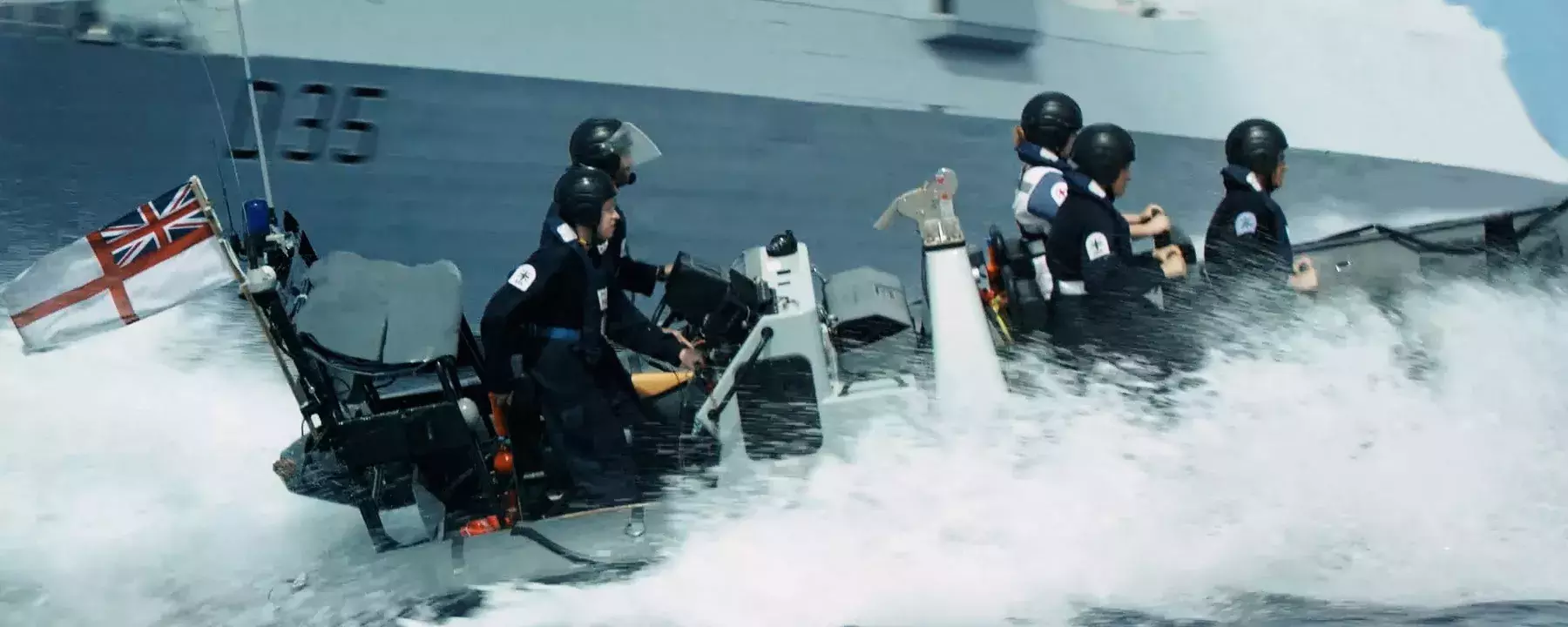The traditional ‘industrial’ conception of defence training has hindered efforts to modernise British military training.
A new ‘whole system approach’, employing more flexible training practices and processes, will be essential for delivering training modernisation.
That’s the conclusion of a new piece of analysis conducted by the Royal United Services Institute, in partnership with Capita and launched at a panel event on 30 October.
The report, authored by Paul O’Neill and Patrick Hinton and titled Goodbye Mr Chips? Modernising Defence Training for the 21st Century, examines how the UK can improve the efficiency and effectiveness of its defence training system to meet contemporary security challenges.
The authors outline a series of recommendations which aim to address these challenges by embedding existing best practice and wider learnings across UK Defence training. These include:
- Upskilling the defence training workforce, while also ensuring there are enough staff to operate the training system effectively.
- Providing more individually tailored training, reflecting the uniqueness of each trainee’s journey and skills base.
- Improving the quality and flow of data across training schools, supporting a more dynamic approach to recruitment and training in the system.
- Expanding the partnership model that’s already evident in the Royal Navy in their delivery model for Selborne (partnering with Team Fisher) and at the Royal School of Military Engineering to leverage the complementary talents of Defence and industry.
Paul and Patrick conclude that ‘modifying [the defence training organisation]’s structure to make it more flexible…offers the best way forward’, noting that only a ‘whole system approach’ will deliver success in training modernisation.
Commenting on the report, David Hook CBE, Managing Director and Client Partner of Capita’s defence business, said: “We were delighted to contribute to this research project to highlight the areas of best practice in defence training, but also to demonstrate areas for improvement, such as better use of data to create individual learner journeys.
“At Capita, we’re proud to be at the forefront of defence modernisation and welcome the call for stronger collaboration between the forces, subject matter experts and industry to enable people at the centre of defence to deliver our national security aims into the 21st century.”
Notes for Editors
About the report: A copy of the report “Goodbye Mr Chips? Modernising Defence Training for the 21st Century” can be made available on request and will be published on the RUSI website.
Interviews: Please contact the RUSI press office (+44(0)7917 373069/ rusip@rusi.org.uk ) if you would like to request to speak with Paul O’Neill.







